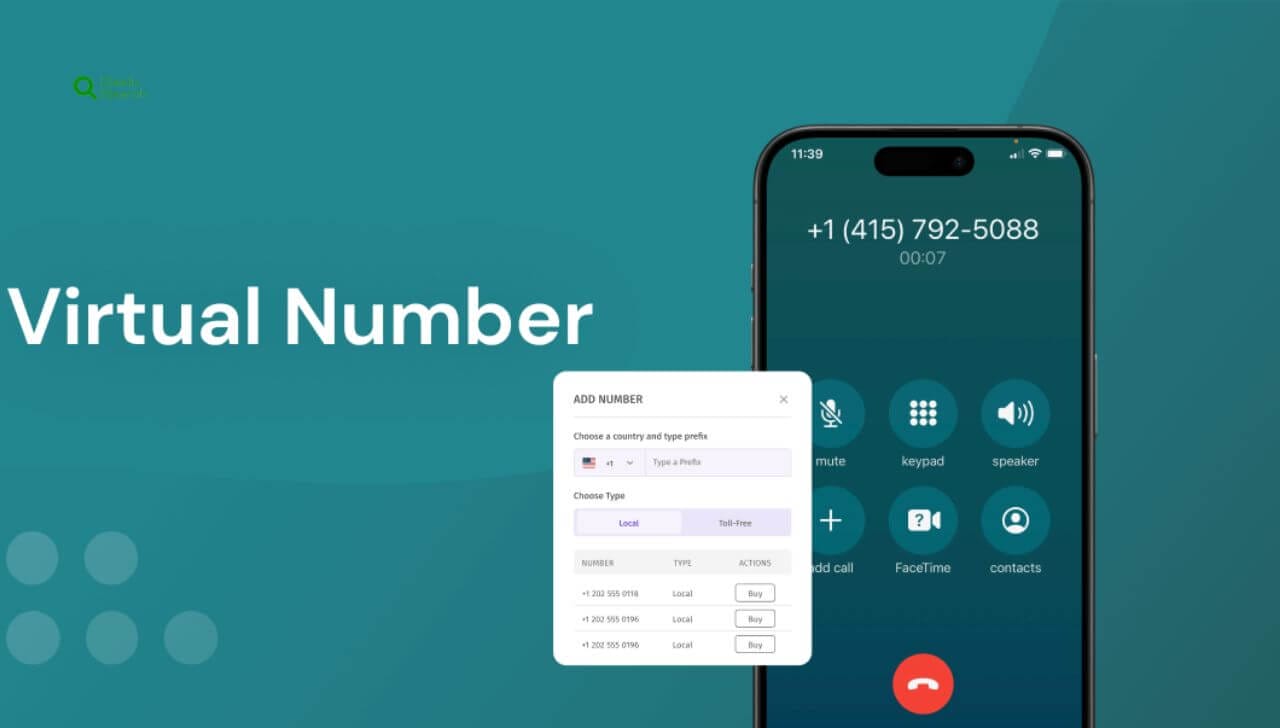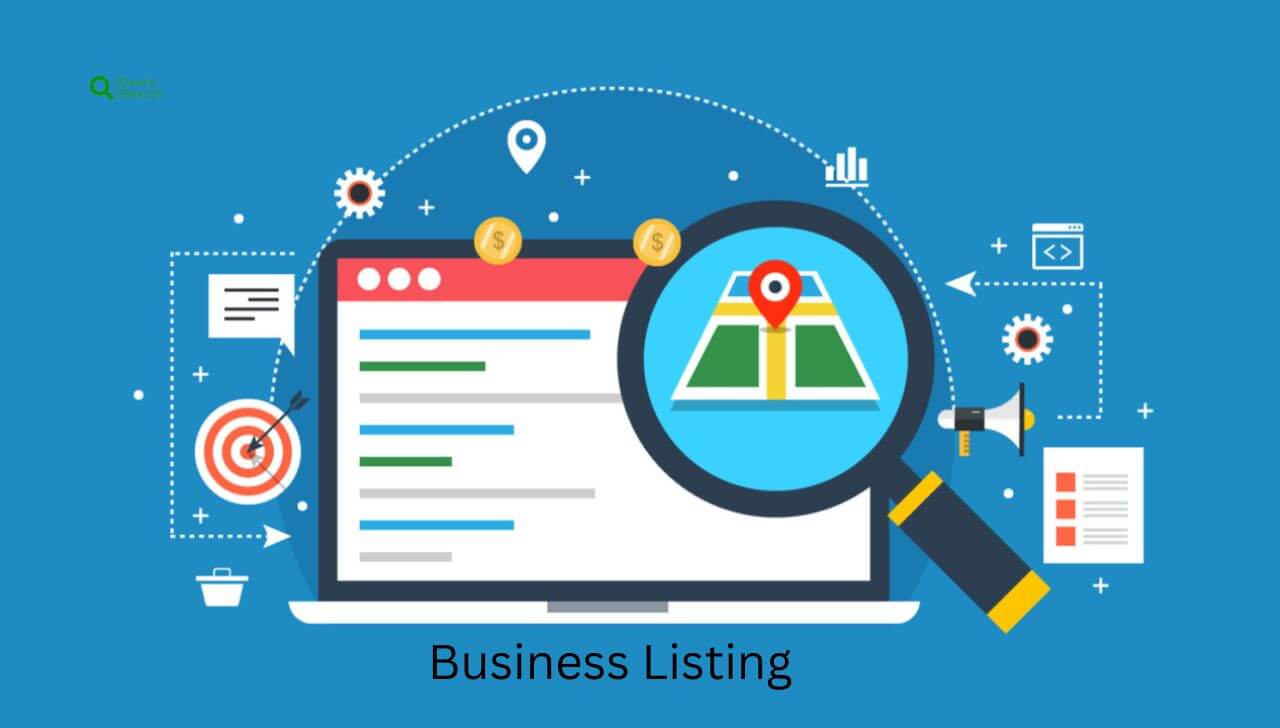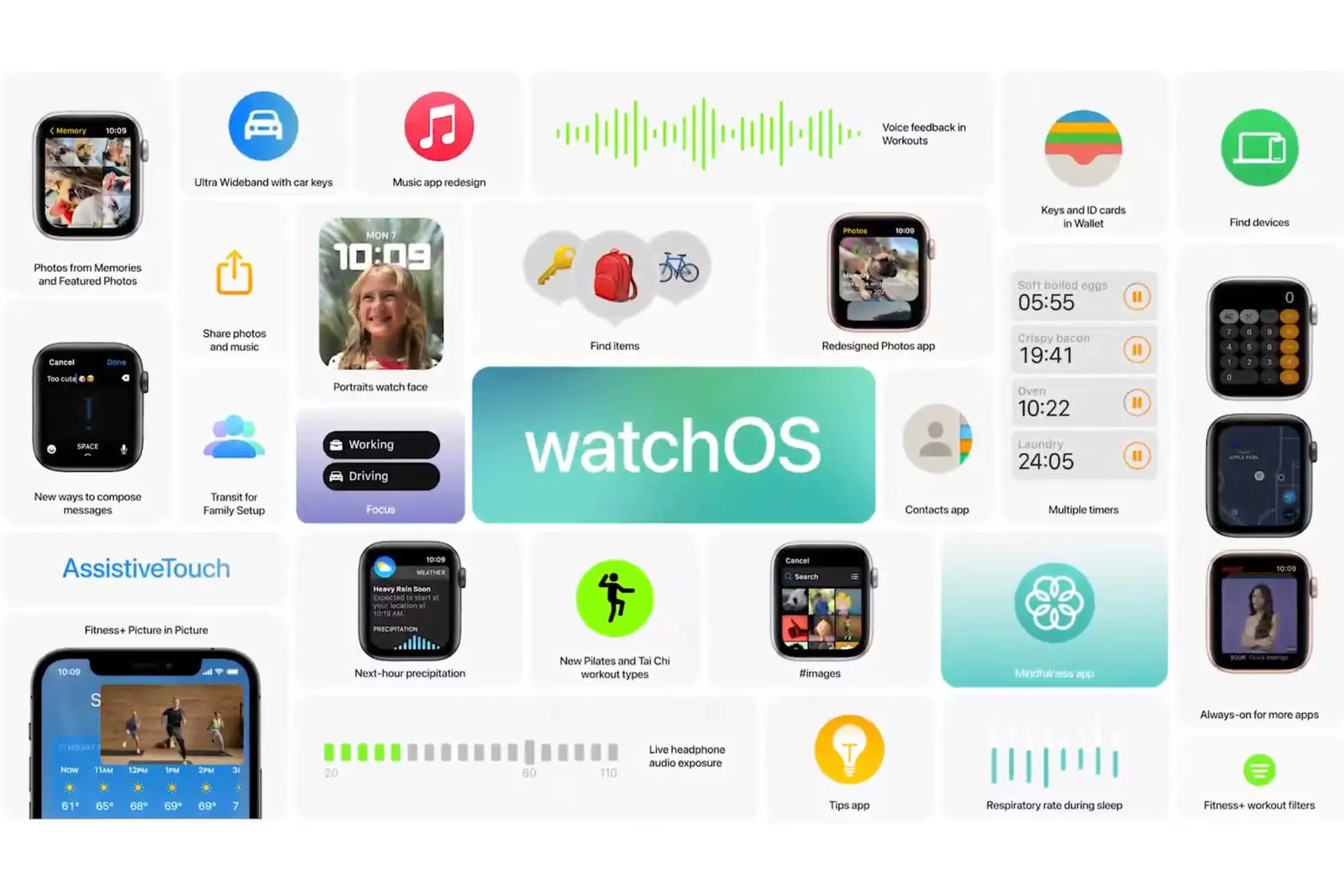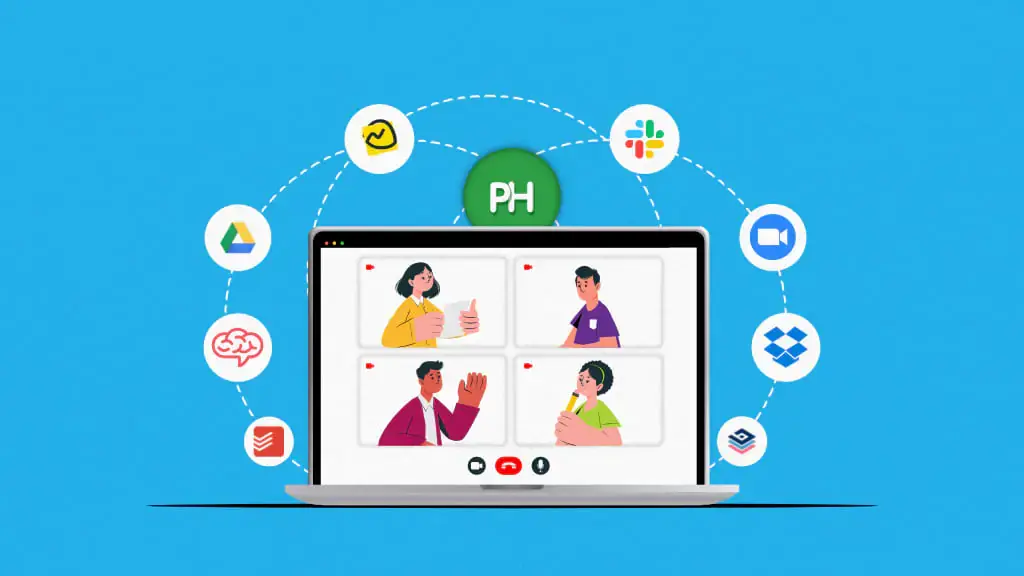Balancing the Books: A Guide to Selecting the Right Accounting Software for Your Business
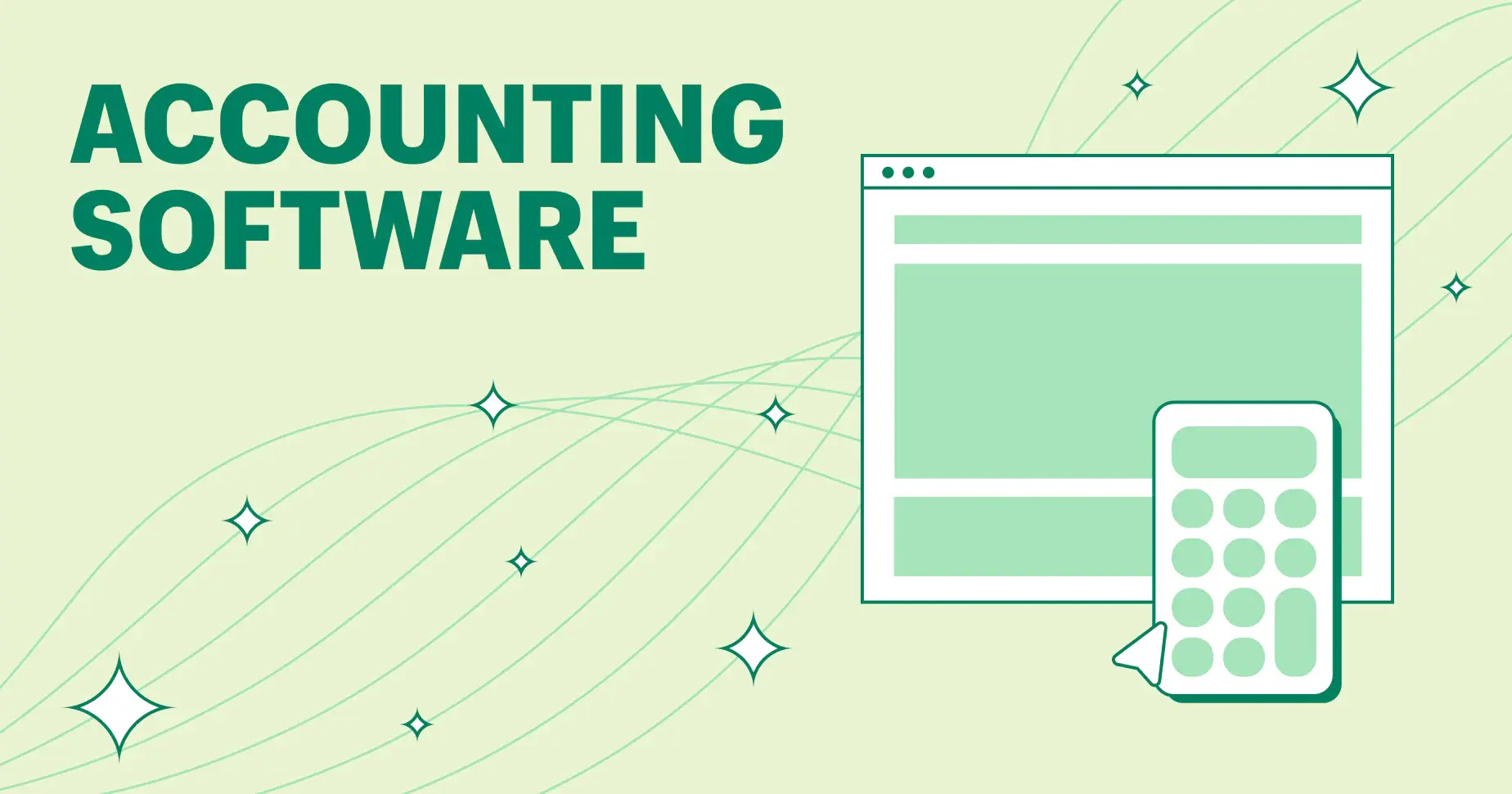
Selecting the right accounting software is a crucial decision for any business, whether it’s a small startup or a large corporation. Effective accounting software streamlines financial management, ensuring accuracy in bookkeeping, tax compliance, and financial reporting. The right solution can save time, reduce human errors, and provide valuable insights into a company’s financial health. On the other hand, choosing the wrong software may lead to inefficiencies, hidden costs, and compliance issues. This guide will walk you through the key factors to consider when selecting the best accounting software for your business.
Understanding Your Business Needs
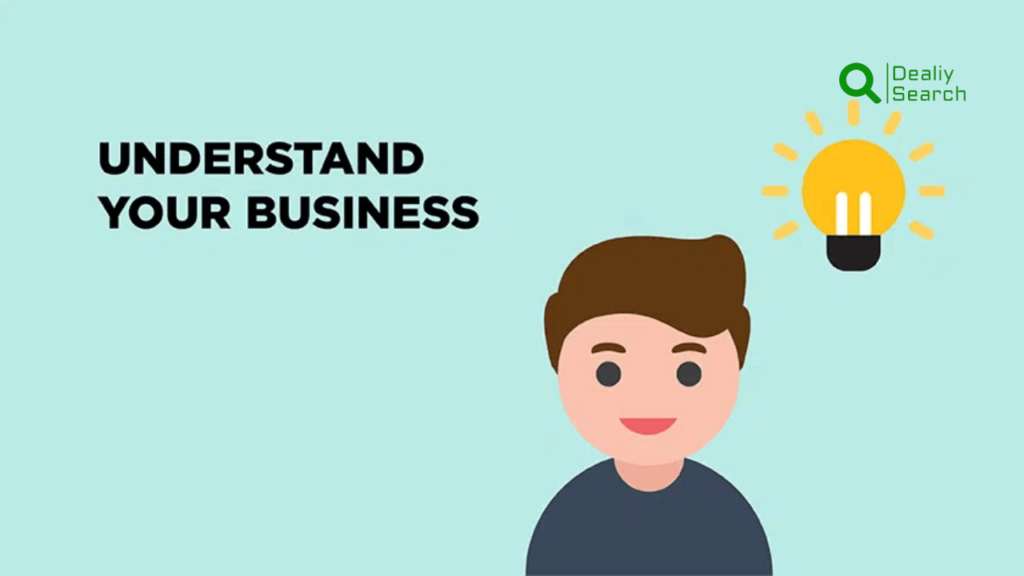
Before selecting accounting software, it’s essential to understand your business’s unique needs. Every business operates differently, and the right software should align with its size, structure, and financial processes. Whether you’re running a small startup, a growing mid-sized company, or a large enterprise, choosing software that caters to your specific accounting tasks will improve efficiency and financial accuracy. Businesses in different industries may have specialized accounting needs, such as inventory tracking for retail, project-based costing for construction, or tax compliance for international transactions. By evaluating these factors, you can ensure that the software you choose supports your financial operations seamlessly.
Assessing Your Business Size and Structure
- Determining whether your business is a sole proprietorship, partnership, or corporation
- Understanding the complexity of your financial transactions
- Identifying the number of users who will need access to the software
Identifying Key Accounting Requirements
- Cloud-based vs. desktop-based solutions based on accessibility needs
- Bookkeeping, invoicing, and payroll management needs
- Tax compliance and financial reporting capabilities
The Importance of Choosing the Right Accounting Software
Selecting the right accounting software is more than just a convenience. it is a fundamental step toward maintaining financial stability and ensuring business growth. Proper accounting software helps streamline financial tasks such as bookkeeping, invoicing, payroll, and tax management, reducing the risk of human errors and compliance issues. It provides real-time insights into cash flow, expenses, and profits, enabling businesses to make informed financial decisions.
The right software can scale with business growth, integrating with other tools like inventory management, customer relationship management (CRM), and e-commerce platforms. On the other hand, using an inefficient or overly complex system can lead to frustration, wasted time, and financial mismanagement. Therefore, choosing accounting software that aligns with your business needs and operations is essential for efficiency, accuracy, and long-term success.
- Streamlined Financial Management: Automate daily tasks like invoicing, payroll, and reporting.
- Insightful Financial Analysis: Gain real-time insights into your business’s financial health.
- Scalability: Choose software that grows with your business needs.
Key Features to Consider in Accounting Software for Business
When selecting accounting software for your business, it’s essential to consider key features that will streamline financial management and improve efficiency. A robust accounting system should include bookkeeping and general ledger functions to track income, expenses, and financial transactions accurately. Invoicing and billing capabilities help automate payment collection and maintain cash flow. Tax compliance and financial reporting features ensure businesses meet regulatory requirements and generate accurate statements. If your business has employees, payroll management integration is crucial for handling salaries, deductions, and tax filings.
Bank reconciliation features help match financial records with bank statements to prevent discrepancies. Another important consideration is integration with other tools such as inventory management, e-commerce platforms, or CRM systems. Lastly, businesses should evaluate whether they need cloud-based accessibility for remote financial management or prefer an on-premises solution. By focusing on these key features, businesses can choose software that enhances productivity, accuracy, and financial control.
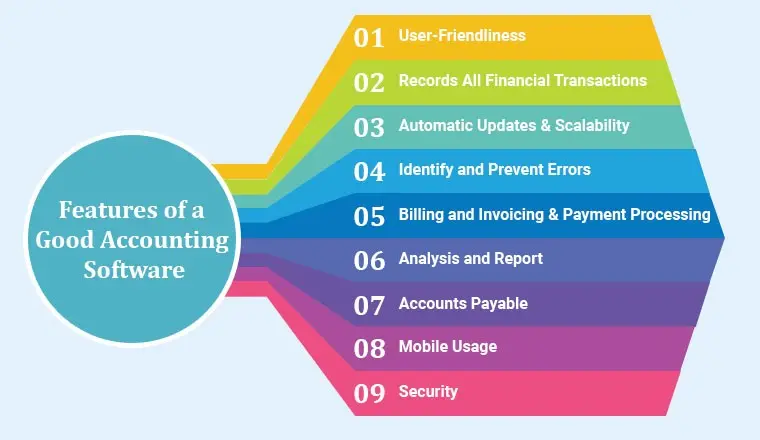
Types of Accounting Software
Accounting software comes in various forms, each catering to different business needs. Choosing the right type depends on factors like accessibility, industry requirements, and budget. Some businesses prefer cloud-based solutions for real-time access and collaboration, while others opt for on-premises software for greater control and security. Similarly, industry-specific software is designed to meet the unique accounting needs of certain sectors, while general accounting software offers standard features applicable to a wide range of businesses. Businesses must decide between free and paid software, balancing cost-effectiveness with functionality. Understanding these categories will help businesses select the best accounting solution for their operations.
- Cloud-Based Software: Accessible from anywhere, automatic updates, and lower upfront costs
- On-Premises Software: Greater data control, one-time purchase model, and enhanced security
- Industry-Specific Software: Tailored features for businesses like retail, construction, or healthcare
- General Accounting Software: Standard accounting tools suitable for most businesses
- Free Software: Suitable for startups and small businesses with basic accounting needs
- Paid Software: Advanced features, scalability, and better customer support
How to Maximize Your Accounting Software
To get the most out of your accounting software, businesses should fully utilize its features and integrate it into their daily financial processes. Start by ensuring that all relevant financial data—such as income, expenses, and bank transactions—is accurately recorded and regularly updated. Automating tasks like invoicing, payroll processing, and tax calculations can save time and reduce errors. Take advantage of built-in financial reporting tools to analyze cash flow, monitor expenses, and make data-driven business decisions.
Integrating the software with other business tools, such as customer relationship management (CRM) or inventory management systems, can enhance efficiency and create a seamless workflow. Regular software updates and training for employees will help ensure smooth operation and keep the business compliant with tax laws and financial regulations. By fully utilizing these features, businesses can maximize productivity, improve financial accuracy, and gain valuable insights for growth.

Scalability and Future-Proofing
As businesses grow, their financial needs become more complex, making scalability a crucial factor when choosing accounting software. The right software should not only meet your current needs but also have the capability to expand alongside your business. A scalable solution ensures that as your transaction volume, customer base, or workforce increases, your accounting system can handle the added workload without disruptions. Additionally, future-proofing your software by considering customization options and add-ons can help your business stay competitive and efficient. Investing in software that evolves with technological advancements and business requirements will save time and costs in the long run.
Growing with Your Business
- Ability to handle increased financial transactions and data
- Support for multi-user access as the team expands
- Multi-currency and multi-location support for global business growth
Customization and Add-Ons
- Custom reports and dashboards for tailored financial insights
- Industry-specific features that can be added as needed
- Third-party integrations with CRM, inventory, and payroll systems
Security and Data Protection
When choosing accounting software, security and data protection should be top priorities to safeguard sensitive financial information. With cyber threats on the rise, businesses must ensure that their chosen software provides robust security features to prevent unauthorized access and data breaches. Cloud security features such as end-to-end encryption, multi-factor authentication, and role-based access controls help protect financial records from cyber threats.
Backup and recovery options are crucial for preventing data loss due to system failures, cyberattacks, or accidental deletions. Many modern accounting solutions offer automated cloud backups, ensuring that data can be quickly restored in case of an emergency. Businesses should also check for compliance with industry security standards and ensure that their software provider follows best practices for data protection. By prioritizing security and backup measures, businesses can protect their financial data and maintain trust with clients and stakeholders.
Comparing Popular Accounting Software
With numerous accounting software options available, choosing the right one depends on your business’s needs, budget, and preferred features. Some of the most popular accounting solutions offer different functionalities, pricing structures, and ease of use. QuickBooks is widely used for its comprehensive features, making it a great choice for small to mid-sized businesses. Xero is a cloud-based solution known for its user-friendly interface and seamless bank integrations.
FreshBooks is ideal for freelancers and small businesses, offering simple invoicing and expense tracking. Wave provides free accounting tools, making it perfect for startups and businesses with basic needs. Zoho Books is a cost-effective option that integrates well with other Zoho products, offering a scalable solution for growing businesses. Understanding the strengths and limitations of these platforms will help businesses select the best fit for their financial management needs.
- Comprehensive accounting features for small to mid-sized businesses
- Strong tax, payroll, and invoicing capabilities
- Multiple plan options with scalable pricing
- Cloud-based with seamless bank integrations
- Easy-to-use interface with automation features
- Ideal for businesses that require real-time collaboration
- Best for freelancers and small businesses
- Simple invoicing and expense tracking
- User-friendly dashboard for managing cash flow
- Free accounting software with essential features
- Great for startups and small businesses with limited budgets
- Includes invoicing, expense tracking, and financial reports
- Offers automation and workflow customization
- Affordable and integrates well with other Zoho applications
- Suitable for small and growing businesses
Making the Final Decision
Choosing the right accounting software requires careful evaluation and hands-on experience. One of the best ways to determine if a software solution fits your business needs is by utilizing free trials and demos. Most accounting software providers offer trial periods, allowing businesses to test the platform’s features, user interface, and overall functionality before committing to a purchase. This hands-on approach helps businesses assess whether the software meets their accounting requirements and is easy to use.
Reading reviews and testimonials from other users can provide valuable insights into the software’s performance, customer support, and potential limitations. Feedback from real users can highlight issues such as hidden costs, software bugs, or missing features that may not be immediately apparent during a demo. By taking the time to test software and review user feedback, businesses can make a well-informed decision that aligns with their financial management goals.
Implementation and Transition
Successfully implementing new accounting software requires careful planning to ensure a smooth transition. If your business is migrating from existing software, it’s essential to transfer financial data accurately while minimizing disruptions. This process may involve exporting and importing data, reconciling accounts, and ensuring that historical financial records remain intact. To avoid errors, businesses should conduct a trial run and verify that all data has been properly transferred before fully switching over.
Equally important is training your team to use the new software effectively. Providing hands-on training, tutorials, and customer support resources can help employees adapt quickly and utilize the software’s full potential. A well-executed implementation strategy ensures that the transition is seamless, reducing downtime and improving efficiency in financial management.
Frequently Asked Question
What factors should I consider when choosing accounting software for my business?
When selecting accounting software, consider your business size, industry-specific needs, key features like invoicing and tax compliance, scalability, security, integration with other tools, and your budget.
Is cloud-based accounting software better than on-premises solutions?
Cloud-based software offers flexibility, automatic updates, and remote access, making it ideal for businesses that need real-time collaboration. On-premises software, however, provides more control over data and security, which some businesses may prefer.
Can I switch accounting software if my business grows?
Yes, many accounting software options are scalable, allowing businesses to upgrade plans or add features as they grow. When selecting software, ensure it can accommodate increasing transaction volume, multi-user access, and additional integrations.
Are free accounting software options reliable for small businesses?
Free accounting software, like Wave, can be a good option for startups and small businesses with basic needs. However, paid software generally offers advanced features, better security, and customer support, which may be necessary as your business expands.
How can I ensure a smooth transition when switching to new accounting software?
To ensure a seamless transition, back up your existing financial data, carefully migrate records to the new system, test for accuracy, and provide training for employees. Many software providers offer tutorials and customer support to assist with implementation.
More Related Post: Mastering Salesforce
Conclusion
Selecting the right accounting software is a crucial step toward efficient financial management and business growth. By understanding your business needs, evaluating key features, and considering scalability, security, and industry-specific requirements, you can find a solution that enhances productivity and accuracy. The right software should streamline bookkeeping, tax compliance, payroll, and financial reporting while integrating seamlessly with other business tools.
Taking advantage of free trials, reading user reviews, and ensuring a smooth transition through proper data migration and employee training will help maximize its effectiveness. Ultimately, accounting software should not only simplify financial tasks but also provide valuable insights that drive better decision-making and long-term success. With the right approach, your accounting software can become a powerful tool that supports your business at every stage of its growth.

